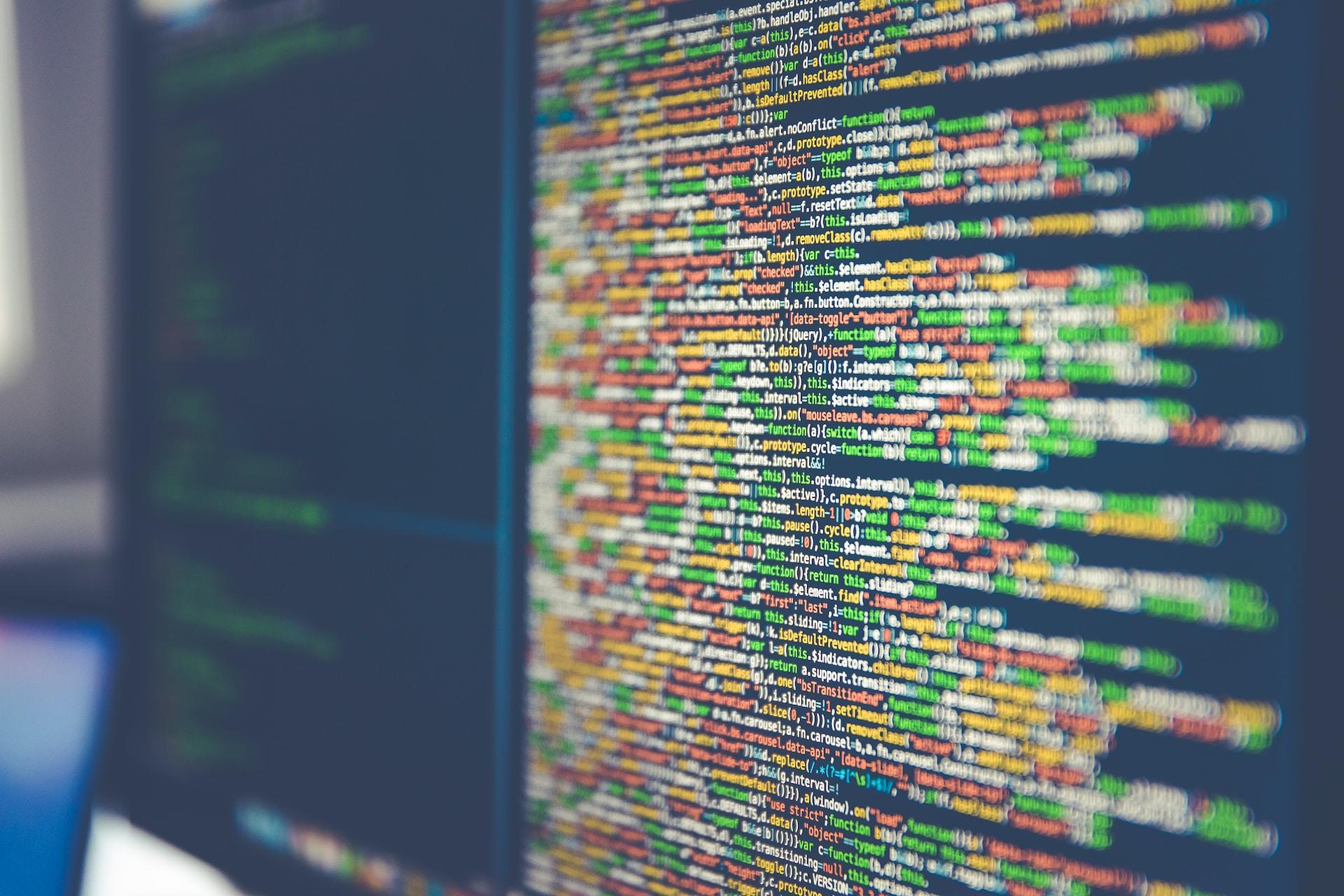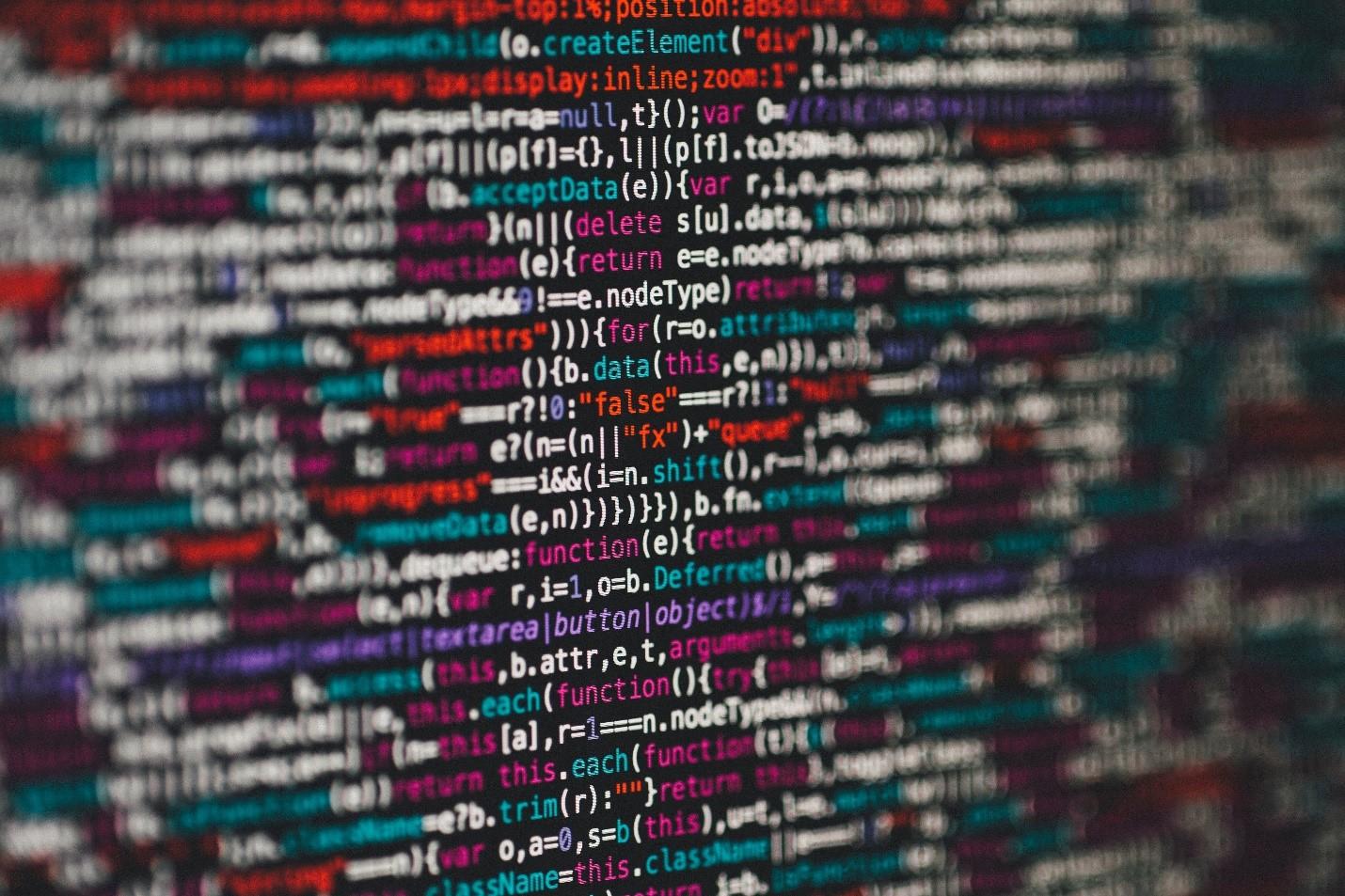Let’s face it, learning data science sounds like an exciting proposition for undergraduate and postgraduate students alike. Yet career the field remains as alienating as it was at its start. The phrase 'data science' itself calls forth images of computing and solving complex algorithms or mind-numbing lectures on some university campus.
Quite frankly, we are living in an interesting time. One where data science is considered an exciting but unapproachable subject. That could be due to its association with mathematics and computer science. And that many students think technology is intimidating.

Advantages of Studying Data Science
At the heart of the matter is the simple fact that data science now permeates every facet of our daily lives. If you learn more about the subject or decide on a career in the industry, think of the information you'll gain. You'll improve your grasp on current affairs, technology, medicine, and other areas.
At the base of data science is a discipline that we’ve all become experts in – statistics. Statistics might sound complicated when you start to study data science. But students only need analytical and critical thinking skills, and support, of course. A student might have a hard time mastering technology concepts without support.
Statistics represent the recording of information today to make decisions tomorrow. We perform this act every day, multiple times a day.
The benefits of learning data science can include:
- Job security
- Improving your business
- Innovative collaboration
- Understanding fiscal policies
While this list is definitely not exhaustive, it serves to underscore the importance of data science both as a profession and the role it plays in the everyday world.

Data Science in Our Daily Lives
Learning more about the way statistics has evolved as a science and how it's used today can improve your life. While this can sound dubious at first, it’s an easier fact to accept once you interpret some facts for yourself.
Statistics is a profession that affects our daily lives, from providing us with digestible financial data to helping get new medical drugs on the market. Statistics can also help you improve yourself on an individual level, providing the foundation for many health, fitness and financial apps.
Today, statistics are used to collect passenger information in airports, train stations and on roads. Why? To improve daily commutes. In grocery stores, statistics will ensure your favourite cereal is always in stock. The list can go on.
But these examples serve to reflect how pervasive statistics are in our daily lives without us being fully aware of it. From the collection, storage and analysis of our passively provided information, businesses and government bodies are able to develop new ideas (whether it be a new product or government program) better suited to us.
Some skills you can gain from learning about statistical analysis include:
- Improving business practices
- Making sounder financial decisions
- Forecasting trends in the economy
- Communication and analytical skills

The Difference Between Data Science and Data Analysis
Now that we’ve covered why taking a data science and statistics courses is important to all of us, we have no excuse not to do so. Getting started can be frustrating – the number of search results when typing in data science can be enough to intimidate even the most seasoned data scientist.
However, the first part is understanding that data science and statistics are, while linked, separate disciplines.

This distinction might just seem like another attempt to deter you from entering the world of data but it brings you more insight. Understanding the differences between data scientists and statisticians is a good way to prepare you to learn data science.
Statistics is the mother of all subjects making headlines today: artificial intelligence (AI), data mining, machine learning, data engineering, and, of course, data science.
Now that we know the breadth of statistics, let's see how this field represents in schools and job markets. There are three main titles one can take on with a degree in statistics or a statistics-adjacent subject. They are Mathematical Statistician, Statistician and Data analyst.
Mathematical statisticians tend to stick to jobs in academia – namely, teaching or researching. Statisticians and data analysts dominate professions in banks, government, and businesses. In other words, we’re everywhere!
Data science, on the other hand, is the offspring of statistics and computer science. That is to say, data scientists are like statisticians who are masters of computer programming and engineering. Depending on what your title is as a data scientist, the degree to which you are a skilled statistician or not will vary.
The rule seems to be the more involved a data scientist is with the production of statistical software, the more they have to know about statistics and computer science. Conversely, someone heading an IT department won't need to know too much about statistics.
Data scientist titles include Data Engineer, Data Scientist and Computer Scientist and Engineer.
Online Data Science Courses
Classroom settings aren’t for everyone. This applies whether you’re exploring data science or looking to pursue a degree in this field. Thankfully, we can find interactive resources online. You might sign up for massive online open courses (MOOCs), or online-only webinars. Such resources can help you learn data science, applied statistics, and other interdisciplinary branches of data science.
From data processing to predictive modelling, data analysis can be tricky. If you’re looking for a regular lecture setting, your best option is to find a university-hosted MOOC. But if you’re looking to earn a degree in data science - not just extra help, look for an accredited university that will engage your interests.
Studying data science online offers a competitive advantage. You might work a data-related job as you learn, gaining practical skills as your knowledge grows. When applying to these types of courses, look for accreditation. You should pay tuition and receive a graduate certificate at the completion of your online program.
Networking offers another advantage of studying in this framework. The connections you'll make when you study data science mean you'll have access to alumni. They may either help you find a job after graduation, or offer you advice about the job market.
If you prefer a tailored study program where you can learn at your own pace, data science courses online are something to research further.

If you’re not looking for a Bachelor's or Master's degree in data science and simply want some extra help, try webinars. These web seminars are excellent instances of how to use online courses to your advantage. Access to webinars may require payment of fees.
Data science webinars cover everything from exploratory analysis and statistical methods to programming, analyzing data and data science strategies. These subjects' diversity could mean that a qualified instructor or data science students lead the lessons. You might imagine yourself in such a position one day.
If you would like to attend a webinar, you should first see if the course fee fits into your budget. You should also evaluate whether it will give you the type of help you need. You might also think about what kind of qualifications you would like your instructor to have.
If you simply need some online resources that provide raw data or explanations on data analysis tools, science blogs and websites could help.
Conversely, to better understand analytics tools like Statistical Product and Service Solution software (SPSS), the R programming language and Hadoop, consider a data science course on Superprof.
Finding Data Science Courses in Australia and the World
If you’re just starting to apply to data science and engineering programs and hoping to spend a semester abroad, you can find data science programs anywhere in the world.
Deciding where to study can be difficult, as programs differ in the length of time, global recognition, types of Bachelor's and Master's degrees they provide, and courses offered.
Four-year degrees in Europe, or elsewhere in the world are unlimited. Always depending on what you would like to obtain as a specialization, of course.
Different institutions offer different degrees of expertise in data science, AI, computer science and engineering, and business intelligence. The first problem you would need to solve on your applications and admissions journey is to decide what types of data you would like to work with.
And what kinds of quantitative analysis you would like to perform. This will help you decide best what type of program in data science you would like to be part of.
The second step is to decide where you would like to study. If you’re a student who needs a scholarship to start studying, this can be the deciding factor when it comes to choosing a program. You may like to become a researcher or attain a PhD.
If so, many schools offer graduate-level fellowship programs that provide a scholarship and a monthly or yearly stipend.
If that doesn’t sound like the right path for you, create an outline of the types of scholarships the programs you’re looking offer. Check what types of limitations they have and application deadlines. T
his sounds like a complex undertaking to study data science but that doesn’t mean it can’t be fun. Many universities offer internship opportunities thanks to partnerships with established businesses.
This is your chance to gain insight into how to get hired in the industry or find study opportunities abroad.
Summarise with AI:


















